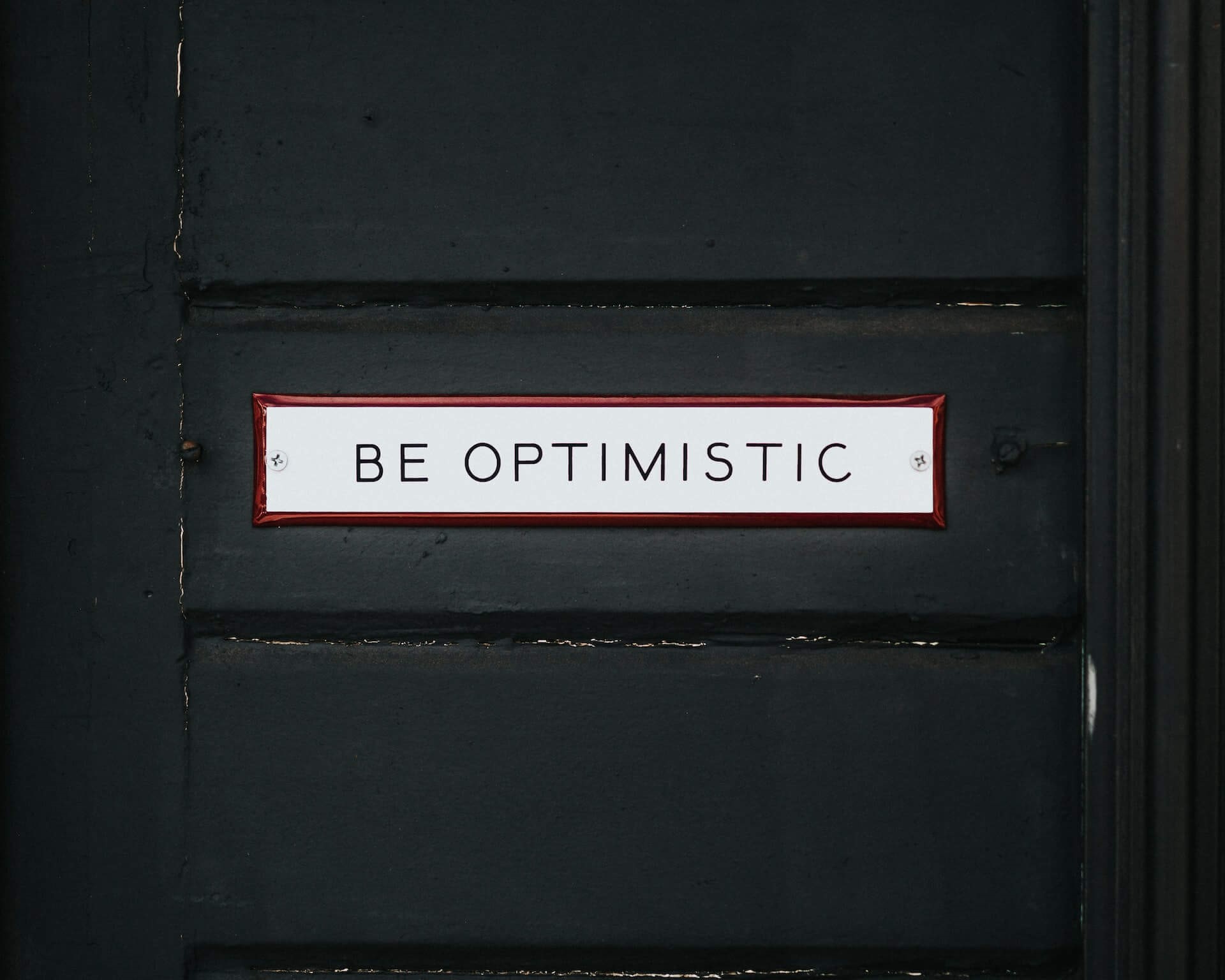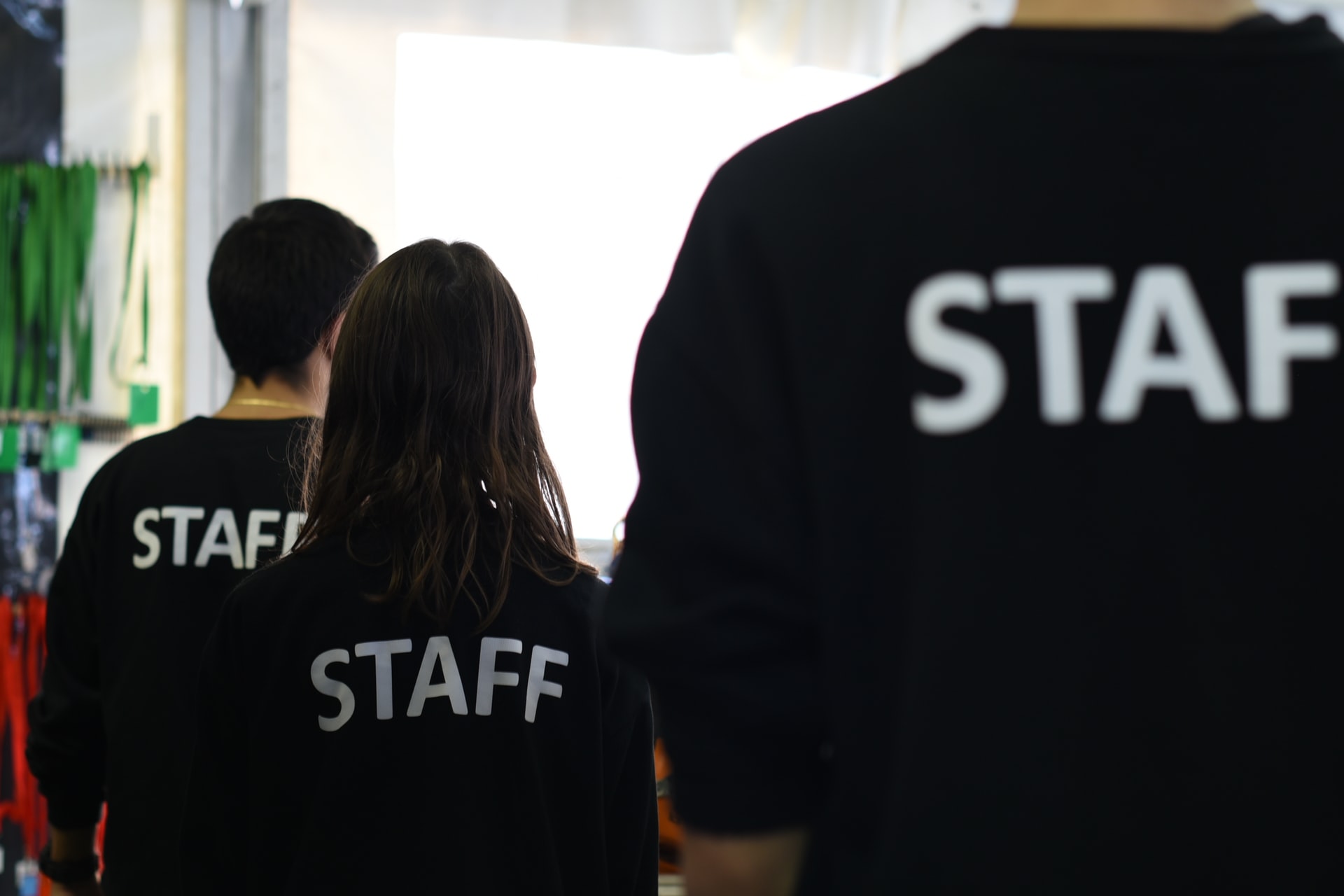5 Toxic Mindsets that Hinder the Success of Your Business
by Jennifer Radkey

Your frame of mind matters, and if you want a team and business that’s thriving and growing, it’s time to examine your own mindset.
How you show up day to day in your business and in your life will either hinder or promote your success. Like the popular phrase goes, “It starts from the top.”
You can set the tone for the day with the energy you bring. As Anese Cavanaugh, author of the book Contagious You, states, “Whatever we put out there and whatever we take on affects our ability to influence, lead, and create the impact we want.”
A positive mindset is contagious: it can inspire, motivate, and make others feel good. A toxic mindset is equally as contagious: it can halt growth, increase unhappiness, and lower productivity.
Here’s a list of five toxic thoughts that lead to a negative mindset and can hinder success.
Blame Game
Always looking for someone else to lay the blame on when things go wrong is a surefire way to a toxic team environment. If you’re quick to blame others when things go wrong, perhaps it’s time to take a step back and examine why something went wrong in the first place.
Was there inadequate training provided? Are there no clear systems to follow? Do you have an environment that’s hostile to asking for help? Fault rarely lies in one person only; there are typically several factors in play.
A positive mindset will examine facts, look at all potential causes, and then come up with solutions. Blame never enters the picture.
Second Guessing
Not being confident in the choices you make hinders growth. Uncertainty in your decision making leads others to question or doubt your role as leader.
If you don’t have the utmost confidence in making decisions, and it’s your business, how can you expect your team to have confidence in you or the work that they do?
This doesn’t mean that you have to make snap decisions without thinking them over. Planning and deliberating over the right move to make is critical to success. But once the decision is made…it’s made. If it doesn’t work out you can then problem solve to get back on the right path.
Second guessing your decisions along the entire way is only going to slow you and your business down.
Absolutism
“It’s my way or the highway.” Absolutism is the inability or refusal to consider others’ ideas. This toxic thought process destroys team culture and growth.
As an owner, you’re heavily invested in your business. Therefore, it can be challenging to let go of how you think things should be done and consider different approaches. However, failing to listen to the ideas of others on your team will build walls and possibly create resentment. That’s definitely not a positive atmosphere to work in.
Be open-minded to doing things differently and show interest in the recommendations of others to promote instead of hinder success.
Hyper-negativity
Sometimes when you want to succeed it’s easy to zone in on the negatives: “This isn’t good enough.” “We aren’t making enough money.” “We don’t have enough followers online,” etc.
The desire to do well can make you hyper-focused on what isn’t right in order to fix it, instead of noticing what’s really great and celebrating that instead. Yes, you need to be aware of areas that need improvement, but you also need to be equally aware of the positive and promote it.
Think of a conversation with two random people you meet at a party. The first person grumbles about the weather, complains about the food, music, etc., and scowls. The second person is smiling, laughing at jokes, and genuinely interested in getting to know you.
Who would you rather be around?
Settling for Average
Nothing will kill growth and success faster than settling for the way things are because “that’s the way it’s always been,” or because “it’s working.” You want more than just “it’s working.”
You want to thrive, to make more money, to gain more followers, to hire more team members, to open more locations. If you aren’t living your absolute best life, if your business isn’t performing at its absolute highest level, then there should be no settling.
Settling for average teaches your team to settle for average, and that means your customer is settling for average. Avoid this toxic mindset by continuously setting goals (even small ones) and looking for ways to do better, feel better, and be better.
While it’s completely normal to fall into these toxic thoughts from time to time, it’s refusing to allow them to become you daily mindset that’s important.
The amazing thing about the human mind is that it can be changed—you can work on improving your mindset. Trust me when I say that you will not regret it.
Cheers to professional and personal growth!
Image: Nathan Dumlao on Unsplash




